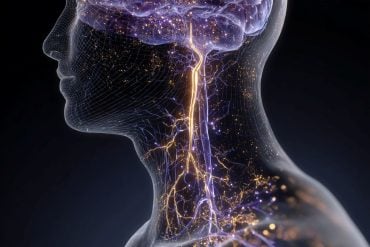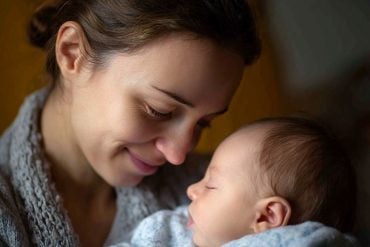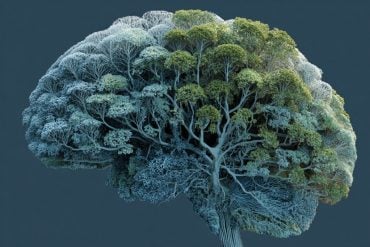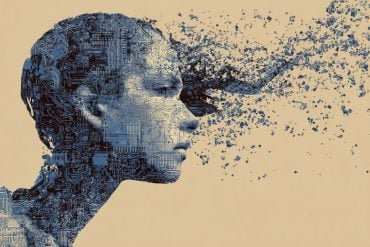Summary: 53% of dreams can be traced to memories, and of those, 50% are linked to memory sources of multiple previous life events. Additionally, 26% of dreams are associated with impending events. Future-orientated dreams become more prevalent during deeper stages of sleep.
Source: AASM
Dreams result from a process that often combines fragments of multiple life experiences and anticipates future events, according to novel evidence from a new study.
Results show that 53.5% of dreams were traced to a memory, and nearly 50% of reports with a memory source were connected to multiple past experiences.
The study also found that 25.7% of dreams were related to specific impending events, and 37.4% of dreams with a future event source were additionally related to one or more specific memories of past experiences.
Future-oriented dreams became proportionally more common later in the night.
“Humans have struggled to understand the meaning of dreams for millennia,” said principal investigator Erin Wamsley, who has a doctorate in cognitive neuroscience and is an associate professor in the department of psychology and program in neuroscience at Furman University in Greenville, South Carolina.
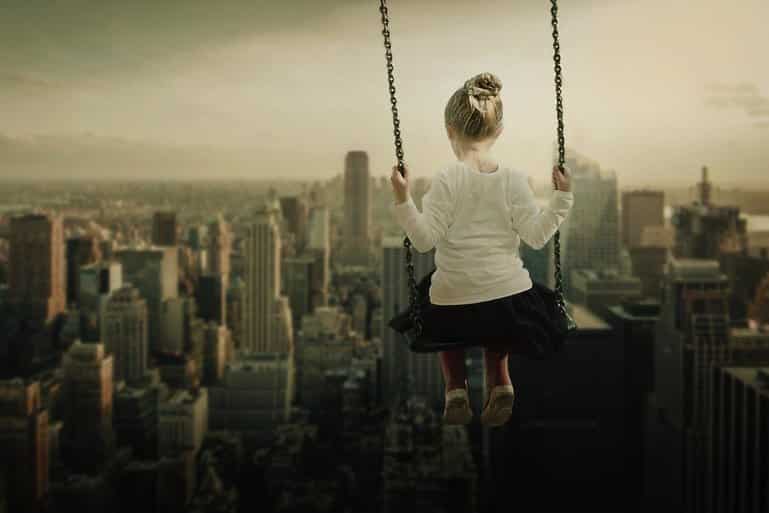
“We present new evidence that dreams reflect a memory-processing function. Although it has long been known that dreams incorporate fragments of past experience, our data suggest that dreams also anticipate probable future events.”
The study involved 48 students who spent the night in the laboratory for overnight sleep evaluation using polysomnography. During the night, participants were awakened up to 13 times to report on their experiences during sleep onset, REM sleep, and non-REM sleep. The following morning, participants identified and described waking life sources for each dream reported the previous evening. A total of 481 reports were analyzed.
“This is a new description of how dreams draw simultaneously from multiple waking-life sources, utilizing fragments of past experience to construct novel scenarios anticipating future events,” said Wamsley.
According to Wamsley, the proportional increase of future-oriented dreams later in the night may be driven by temporal proximity to the upcoming events. While these dreams rarely depict future events realistically, the activation and recombination of future-relevant memory fragments may nonetheless serve an adaptive function.
The research abstract was published recently in an online supplement of the journal Sleep and will be presented as a poster beginning June 9 during Virtual SLEEP 2021. SLEEP is the annual meeting of the Associated Professional Sleep Societies, a joint venture of the American Academy of Sleep Medicine and the Sleep Research Society.
About this dreaming and memory research news
Source: AASM
Contact: Press Office – AASM
Image: The image is in the public domain
Original Research: The findings were presented at Virtual SLEEP 2021




